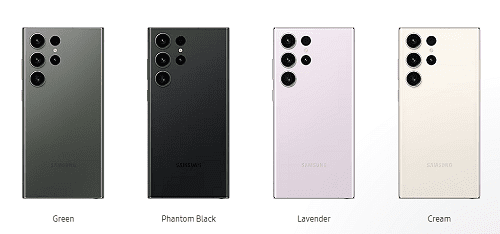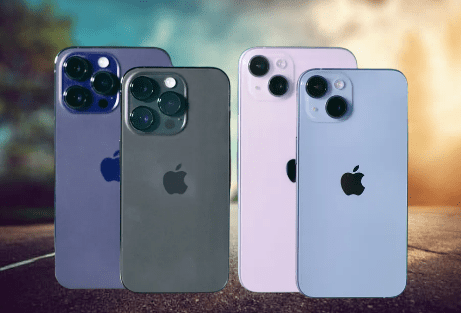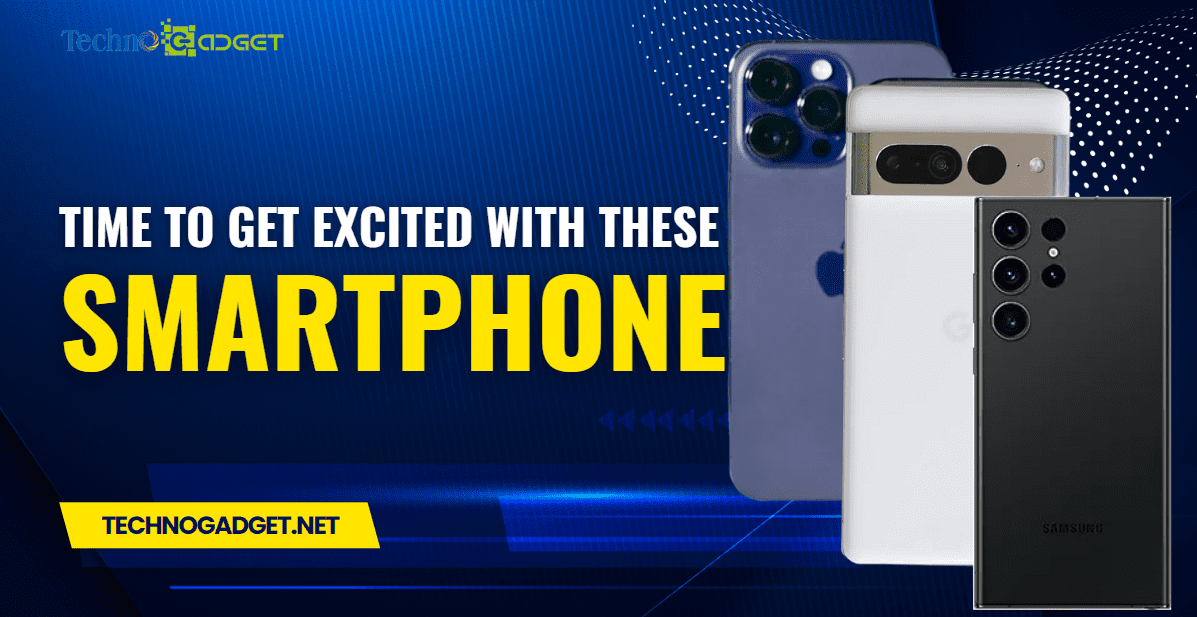It’s hard to guess what’s in store for smartphone users this 2023. However, every year, companies like Apple, Samsung, and Google mostly stick to the same launch routine, making it possible for some educated guesses.
Some launches would come after the smartphone space took off subtly. For instance, iPhone gained satellite connectivity, specifically designed for emergencies and car crash detection, while Samsung gave its flagship Galaxy S series a fresh new look and an upgraded camera. Google, meanwhile, found more ways to use its custom Tensor chip in its Pixel 7 and 7 Pro.
Samsung Galaxy S23
Samsung’s Galaxy S23 was just released last month and immediately receives praise for its new features, which include the ability to take moonshots. Its zoom capabilities surpass those of its predecessors and other top models. One of the best features of this phone is the AI Correction, which enhances your moonshot. The primary camera on the Galaxy S23 Ultra has 200 megapixels, which is a significant improvement over the 108 megapixels on the Galaxy S22 Ultra. The new 200-megapixel will be smaller than other Android flagships but slightly bigger than the iPhone 14 Pro’s.

Apple iPhone 15 lineup
Apple’s iPhone family usually launches in September, which will be no different this year. One of the most significant and most awaited changes for the iPhone is the adoption of USB-C charging, as mandated by the EU that all phones sold in this region must support such. Otherwise, we’ll likely see some camera upgrades and a new processor. What’s more thrilling is that Apple could further differentiate the larger iPhone 15 Pro Max from the smaller iPhone 15 Pro.

Google Pixel 8 Lineup
Rumors have started to surface about the upcoming Pixel 8 family. According to a German tech blog WinFuture, they have found references about these two unreleased Pixel smartphones. Codenamed “Husky” and “Shiba,” these two devices are powered by a new processor codenamed “Zuma.” The unreleased code also suggests that these two devices will include 12GB of RAM and run on Android 14.
![]()




